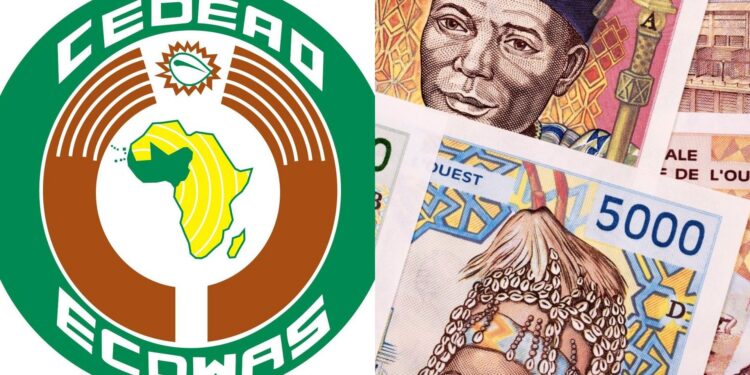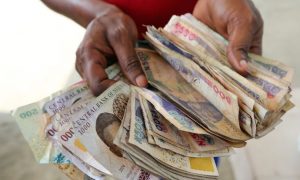Nigeria News
ECOWAS suspends ECO currency

The Economic Community of West African States (ECOWAS) is reportedly putting its long-standing plan to introduce a single currency, known as the ECO, on hold after years of struggling to bring the initiative to fruition.
Senator Edwin Melvin Snowe Junior, Co-chair of the ECOWAS joint committees on Social Affairs, Gender and Women Empowerment, Legal Affairs and Human Rights, Political Affairs, Peace, Security, and the African Peer Review Mechanism (APRM), revealed this development during an interview with Daily Trust in Banjul, Gambia, over the weekend.
The ECO initiative, proposed in the late 1990s and gaining momentum with the establishment of the West African Monetary Zone (WAMZ) in 2000, was designed to foster economic growth and integration among ECOWAS’s 15 member states.
The currency was intended to streamline transactions, eliminate currency exchange issues, and promote a more unified and prosperous West African region.
Despite these ambitious goals, the initiative has encountered significant obstacles, primarily due to political challenges within the member states. Senator Snowe Junior underscored these difficulties, pointing out that political hurdles have impeded the realization of the ECO currency.
“The single currency remains a work in progress with considerable political implications,” he stated. “We have capable economists and analysts, but political issues, particularly related to the French CFA and the BCEAO bank for Francophone countries, complicate the integration.”
He noted that recent political instability, including coups in several countries, has further complicated efforts, as these nations have reserves in France rather than in West Africa or Africa.
As an alternative, the regional bloc is now considering introducing a separate currency for Anglophone countries and another for Francophone countries.
Senator Snowe Junior proposed that Nigeria, Ghana, Liberia, Gambia, and Sierra Leone—five English-speaking nations—could adopt one currency, while the Francophone countries would use another. Guinea-Bissau and Cape Verde might be aligned with either group to create two distinct currencies for the time being, with the possibility of merging them into a single currency in the future.
Political instability has delayed these proposals, but Senator Snowe Junior assured that once the security situation improves, the focus will return to the single currency issue. “Our priority has been to stabilize the region and address security concerns. Once these issues are resolved, we will revisit the single currency agenda,” he concluded.



















